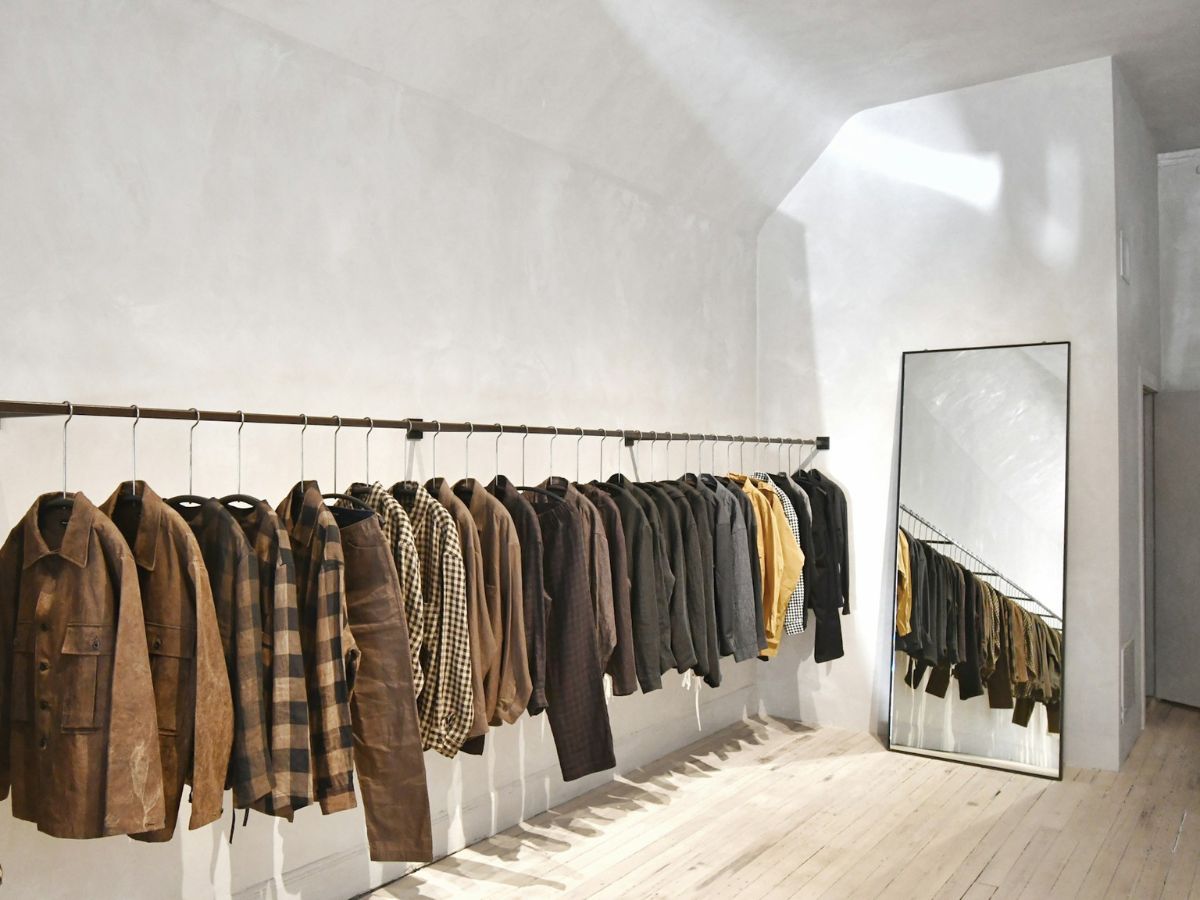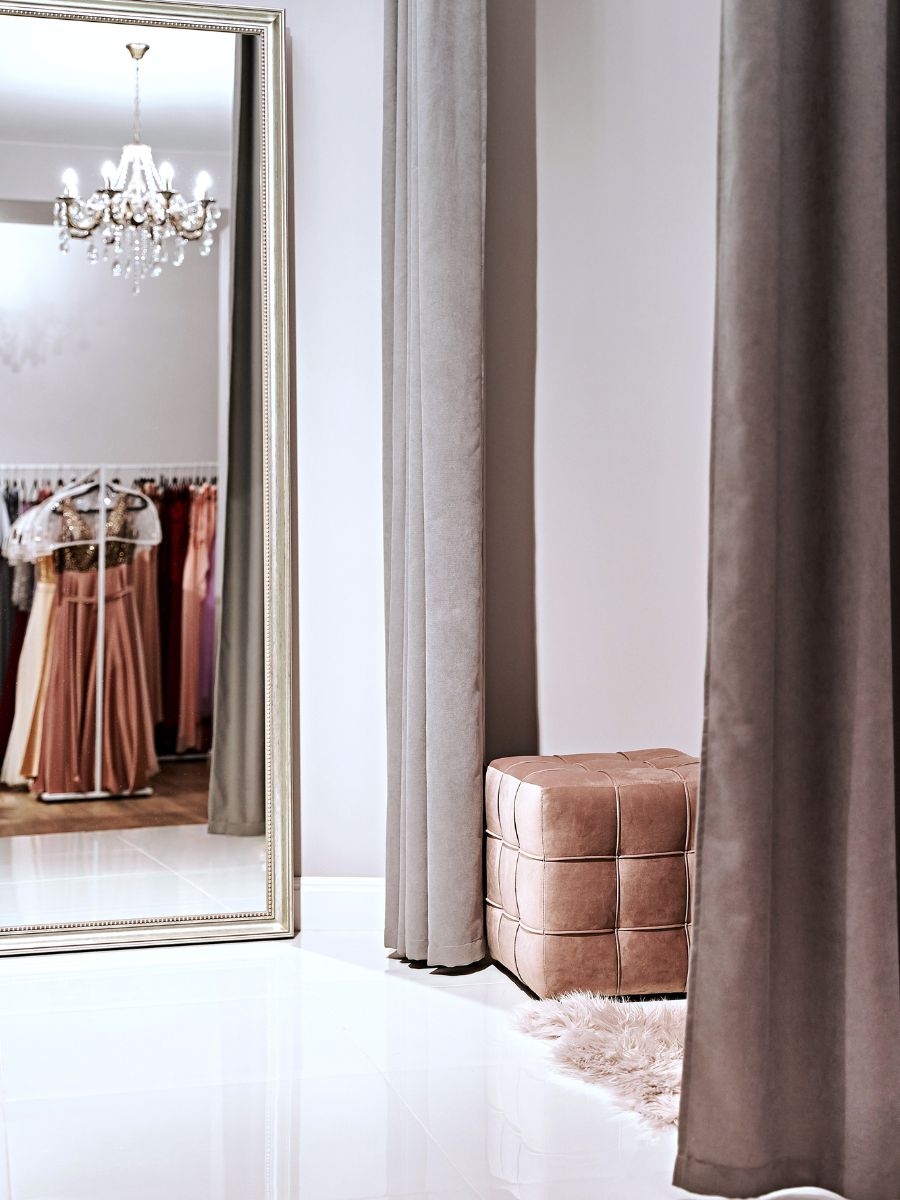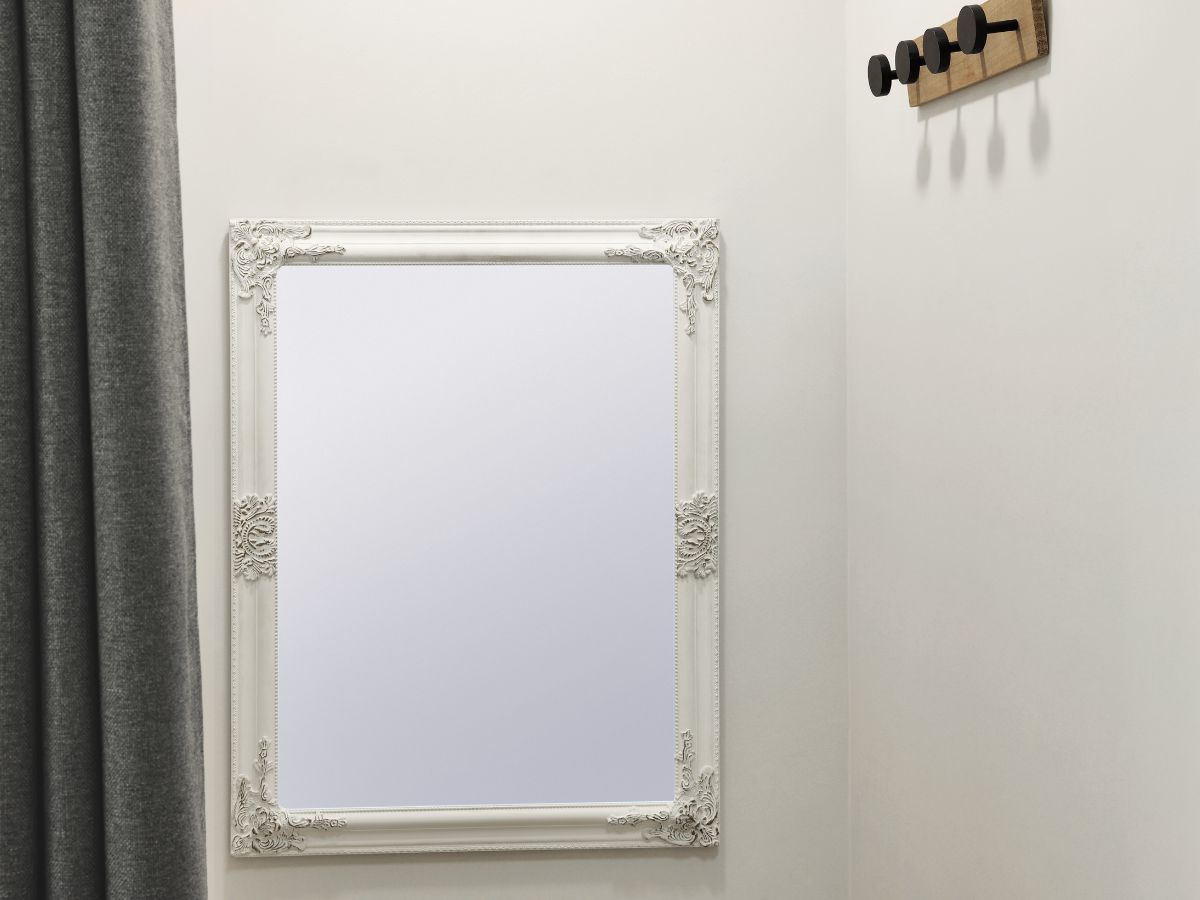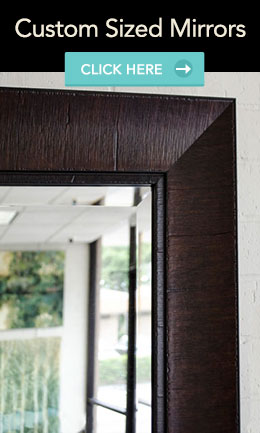
6 Tips on Using Mirrors to Update Commercial Remodels
Mirrors are versatile design elements that can elevate the aesthetics and functionality of commercial spaces. Whether in an office or retail setting, strategically incorporating framed, custom-sized mirrors can transform the environment. Here are tips and strategies for using mirrors effectively in commercial remodels.
1. Create the Illusion of Space
Mirrors are well-known for their ability to make a space feel larger. In offices, they can open up narrow hallways or cramped meeting rooms, making the space feel more inviting. For retail spaces, mirrors amplify the showroom effect, creating an impression of abundance and openness.
Tip: Use custom-sized rectangular mirrors along walls to elongate and widen a room visually. Large square mirrors can be used in central locations, like lobbies or break rooms, to create a focal point.
2. Enhance Natural Light
In both offices and retail spaces, light is a key element of design. Mirrors can reflect natural and artificial light, distributing it throughout the room. This can make the space feel brighter and more vibrant, reducing the need for excessive artificial lighting and enhancing energy efficiency.
Tip: Position mirrors opposite windows or light sources for maximum reflection. For a chic touch, use framed mirrors with metallic finishes to further accentuate the brightness.

MAL-1289 Silver Framed Mirror for Retail Store
3. Add Functionality to Workspaces
Incorporating mirrors into office spaces isn’t just about aesthetics; they can serve practical purposes. Mirrors in conference rooms or breakout areas can double as writable surfaces when paired with glass overlays, combining functionality with modern design.
Tip: Choose custom-sized smirrors that fit seamlessly into existing office decor. Use sleek frames in neutral tones like black or silver to maintain a professional appearance.
4. Elevate Customer Experience in Retail
For retail spaces, mirrors are essential for showcasing products and improving the shopping experience. Full-length mirrors in dressing rooms allow customers to see themselves in new outfits, while smaller framed mirrors can highlight product displays or accentuate lighting features.
Tip: Invest in custom-framed mirrors with unique designs that reflect the brand’s identity. For example, a high-end boutique could use ornate frames, while a modern tech store might opt for frameless or minimalist designs.

MAL-1305 White Framed Mirror For Retail Store
5. Use Mirrors to Build Brand Aesthetics
Mirrors can subtly reinforce a brand’s identity. Offices can use them to create sleek, professional spaces, while retail stores can evoke luxury or modernity, depending on their style.
Tip: Work with manufacturers to create custom-framed mirrors that align with the brand’s color scheme or design theme. For example, warm wood frames can add a natural touch, while metallic or matte black frames offer a contemporary edge.
6. Consider Placement and Safety
When adding mirrors, placement and safety are critical. Ensure mirrors are securely mounted to withstand high traffic in commercial environments.
Tip: Use professional-grade adhesives or brackets for installation. Position mirrors in areas where they enhance but do not distract, such as behind reception desks or along aisles in retail spaces. Watch our video on how to hang a large mirror here.
